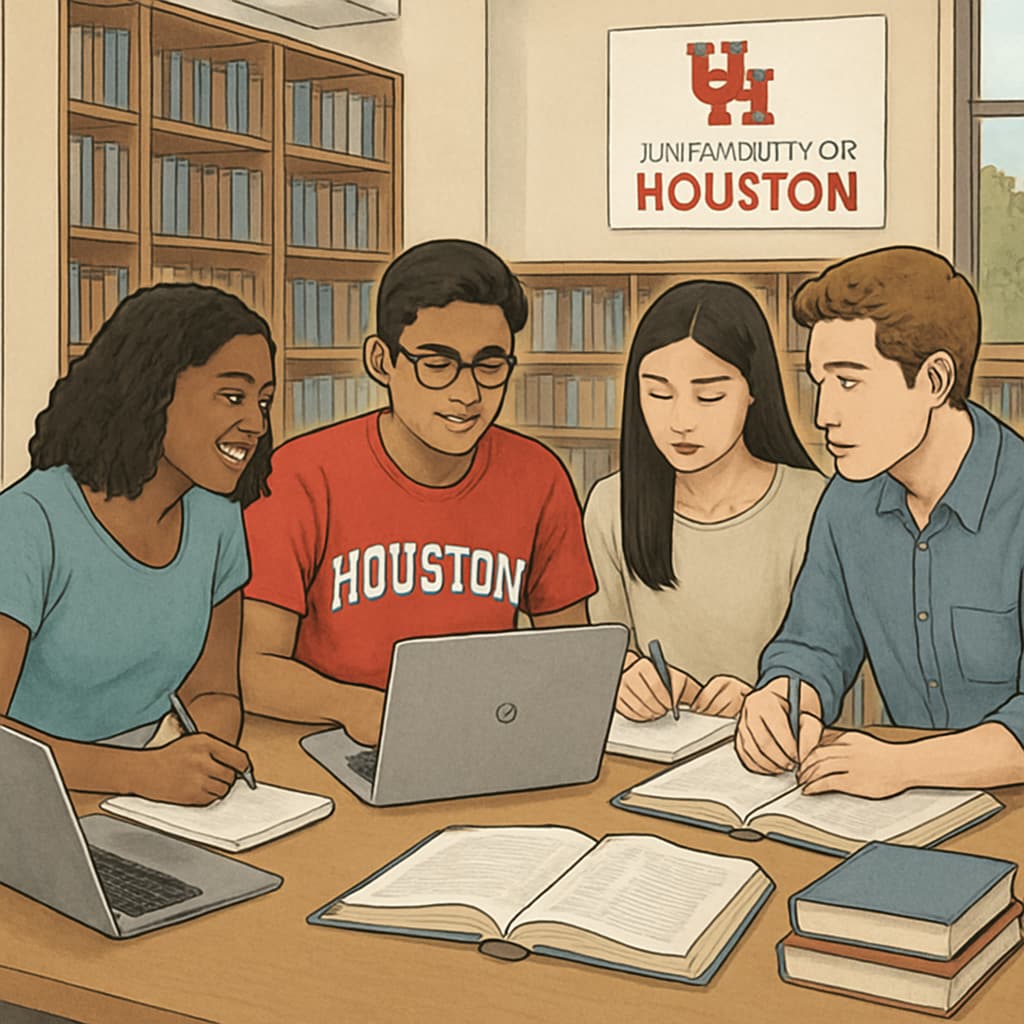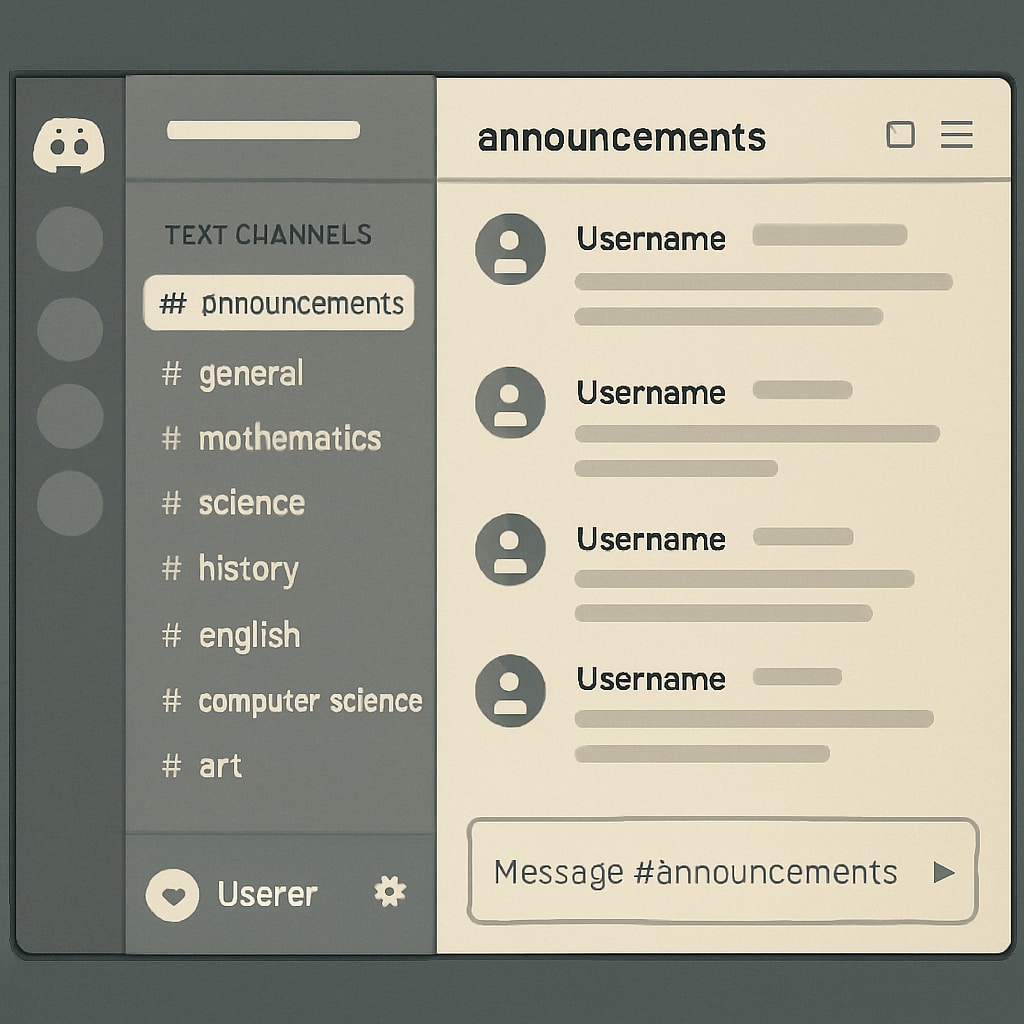Study groups and digital platforms like Discord at the University of Houston are transforming K12 education by creating dynamic learning communities. These collaborative tools help students build academic support systems while developing essential 21st-century skills such as critical thinking and digital literacy. According to research on collaborative learning, students who participate in study groups retain information 30% longer than those who study alone.
The Power of Peer Learning Networks
Modern education increasingly emphasizes social learning models. At the University of Houston, structured study groups provide:
- Regular knowledge-sharing sessions
- Diverse perspectives on course material
- Accountability for consistent study habits
- Opportunities to teach and reinforce concepts

Digital Platforms Enhancing Collaboration
Discord servers have become valuable academic tools when used strategically. The platform offers:
- Real-time communication channels
- File sharing capabilities
- Video conferencing options
- Persistent conversation history
As noted by distance learning experts, these features create virtual learning spaces that complement physical classrooms.
Implementing Effective Learning Communities
Educators and parents can support collaborative learning by:
- Establishing clear group guidelines
- Balancing structure with flexibility
- Incorporating multimedia resources
- Regularly assessing group dynamics

When properly implemented, study groups and digital platforms create learning ecosystems that extend beyond classroom walls. The University of Houston’s approach demonstrates how traditional and digital tools can work together to enhance educational outcomes.


